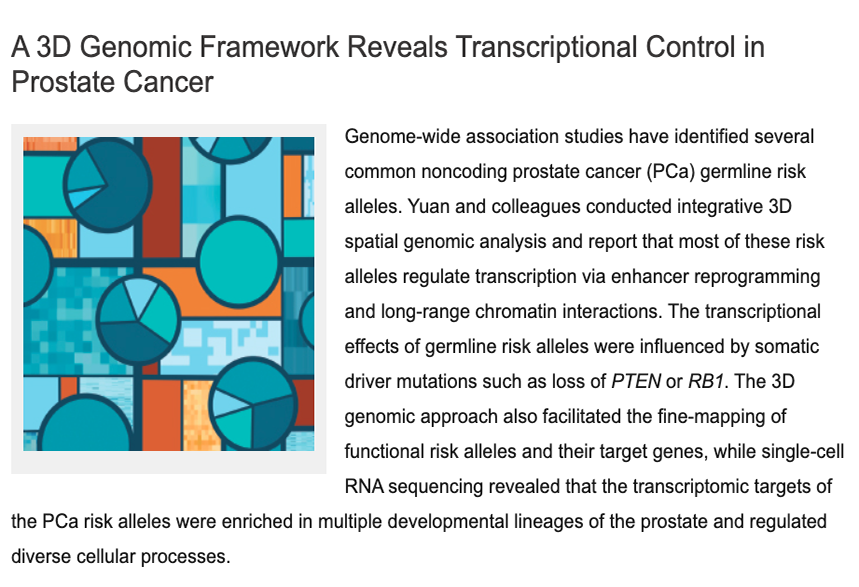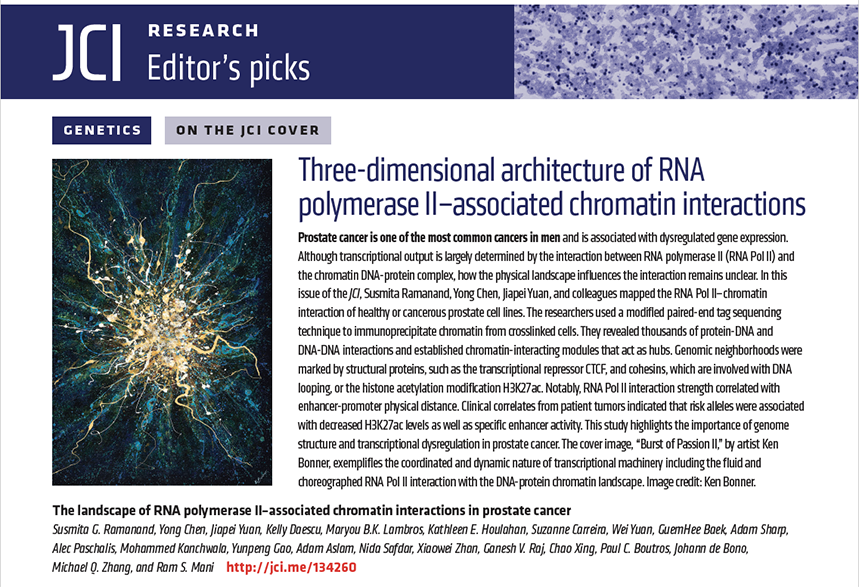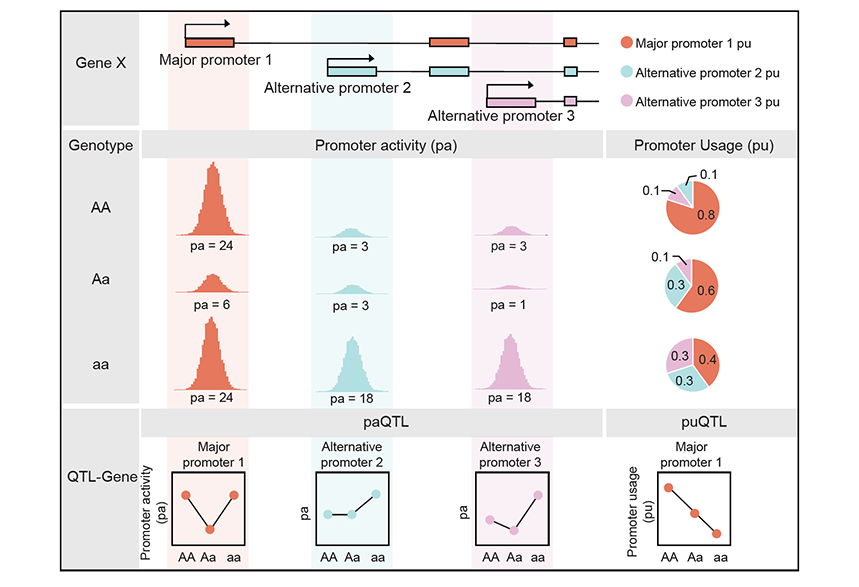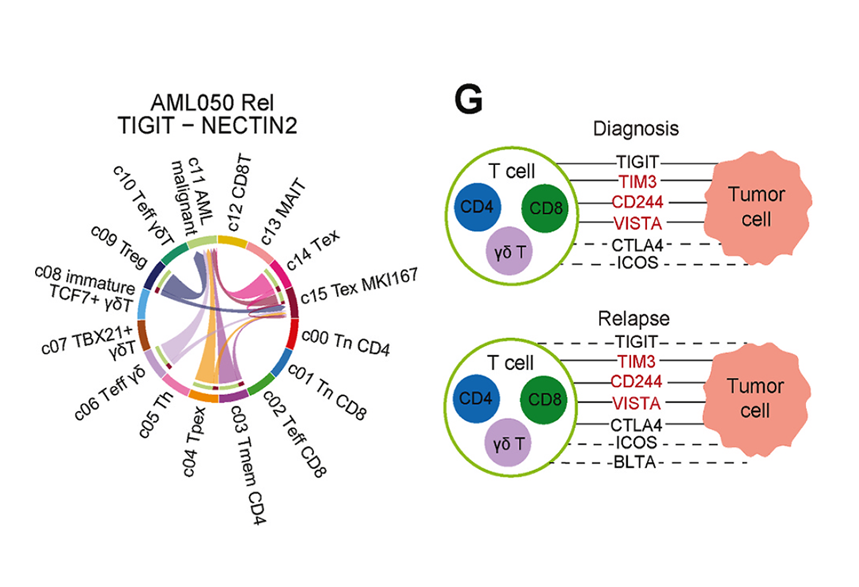

Tumors are not governed by a single gene; rather, gene dysregulation occurs across various levels such as the genome, transcriptome, and epigenome, encompassing genomic variants, transcriptional regulation, and various histone modifications. Hence, amalgamating multi-omics data is vital for studying gene regulation in tumor initiation and progression. Three-dimensional (3D) genomics shows potential as a method to integrate high-throughput data across multiple scales.
In human cells, DNA molecules, each about 2 meters long, are tightly folded and stored in a cell nucleus less than 10µm in diameter. Topologically associating domains (TAD) are key units of 3D nuclear organization. These domains contain multiple insulated neighborhoods, which act as transcription units comprising promoters, enhancers, transcription factors, and binding sites that coordinate transcription events. Recent studies have shown that gene transcription is a complex 3D process, unfolding within distinct transcriptional structural units. By delving into 3D genomics, researchers can gain a deeper understanding of gene transcriptional regulation. Our research group focuses on exploring the regulatory interactions among various genomic elements using 3D genomics data.

Cancer Discovery, 2022

Journal of Clinical Investigation, 2020

Nature Communications, 2024

Cancer Letters, 2024